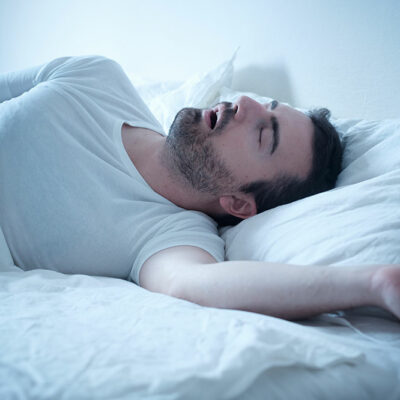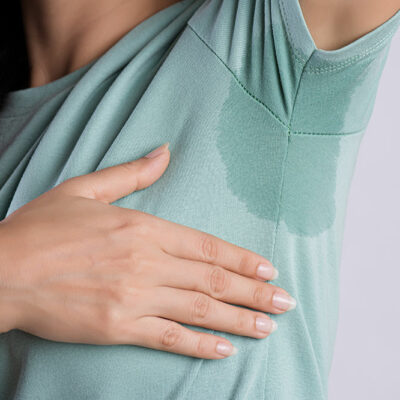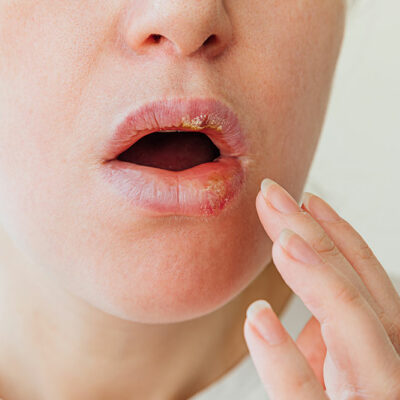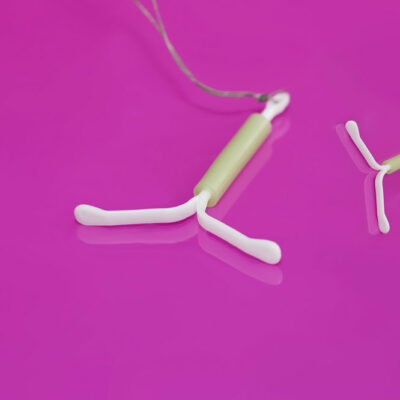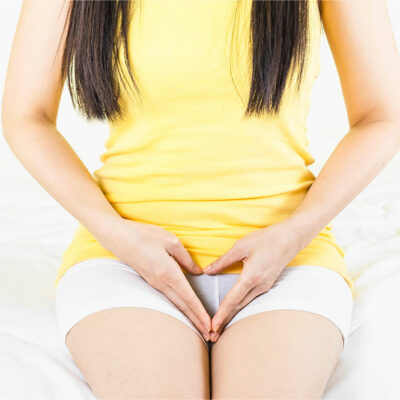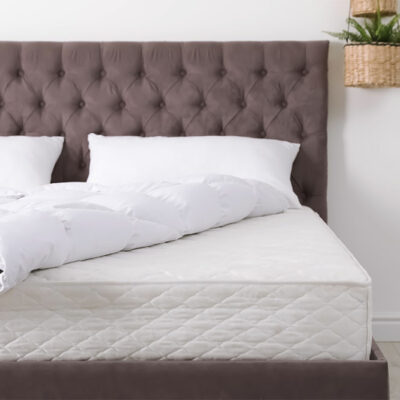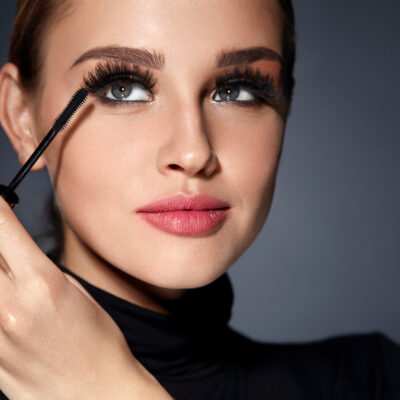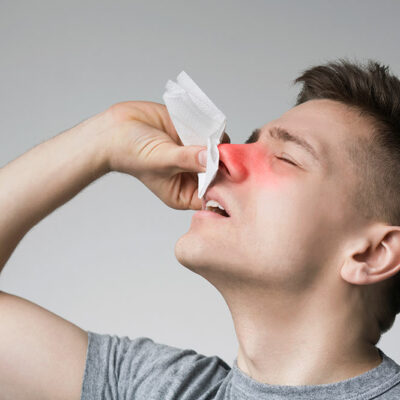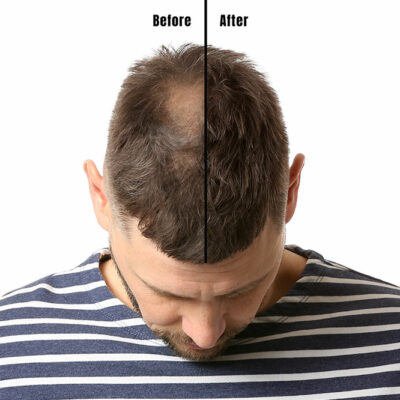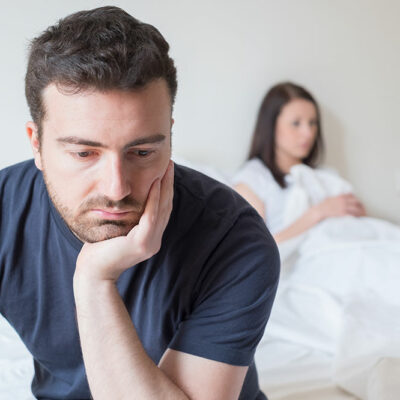
Lifestyle
Erectile Dysfunction – Causes and Symptoms
Erectile dysfunction is a condition where a man cannot maintain an erection firm enough for sexual intercourse. The disorder can hamper a man’s self-confidence, cause stress, and disrupt their relationships. The problem in maintaining or keeping an erection may be a sign of an underlying health disorder, which needs treatment. In this article, let us discuss the causes and symptoms of erectile dysfunction. Causes Several factors can lead to erectile dysfunction. Here, we list only the most common ones: 1. Depression Our brain is an ignored erogenous territory. Sexual excitement usually emerges in the head and works all the way down. In a person with depression, the desire to get intimate is dampened, causing erectile dysfunction. Unfortunately, when the patient takes drugs to cure depression, it lowers their sex drive further and makes it more difficult for them to get an erection. Consequently, the delay in getting an orgasm also increases. 2. Medications Some medications directly hamper a person’s bedroom performance. The list of such medications is long and usually includes antidepressants and pain medications. However, before avoiding the medication, one needs to speak to a doctor. Drugs like cocaine and amphetamines might also result in sexual problems. 3. Alcohol Excessive alcohol consumption can intervene with a man’s ability to get an erection.
Read More 